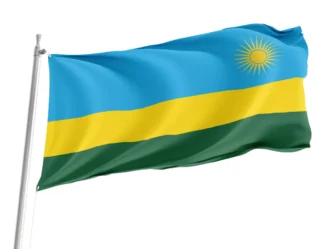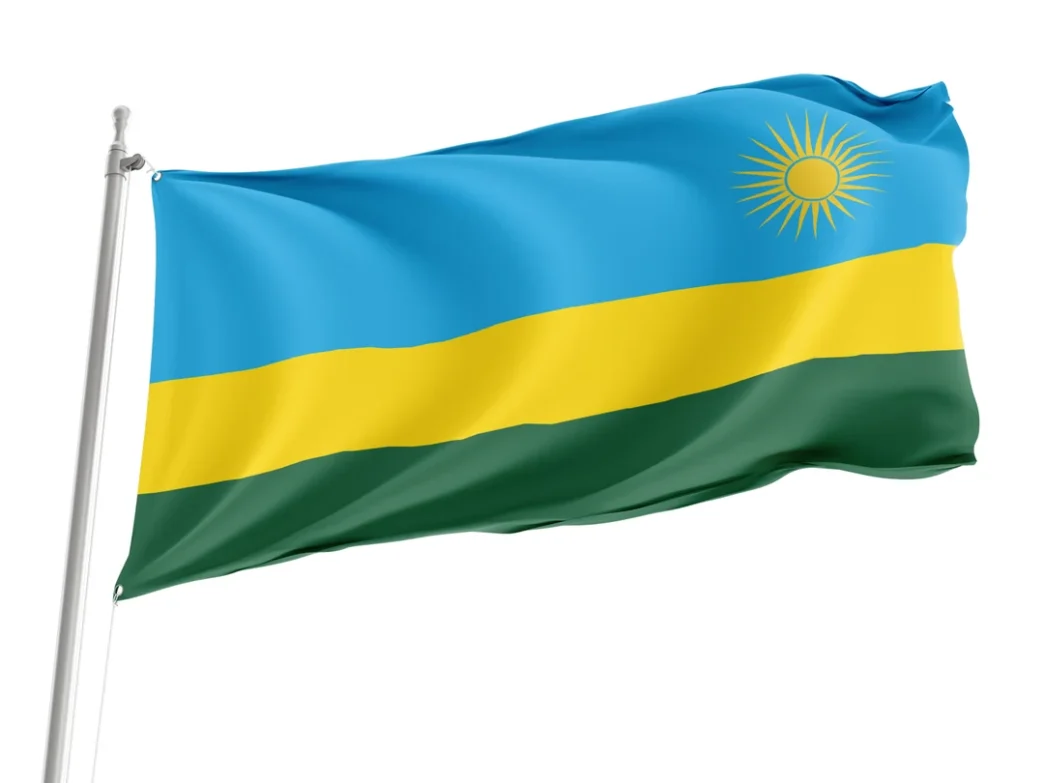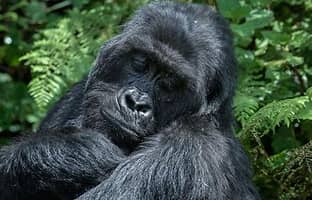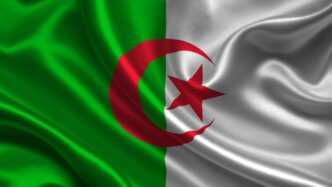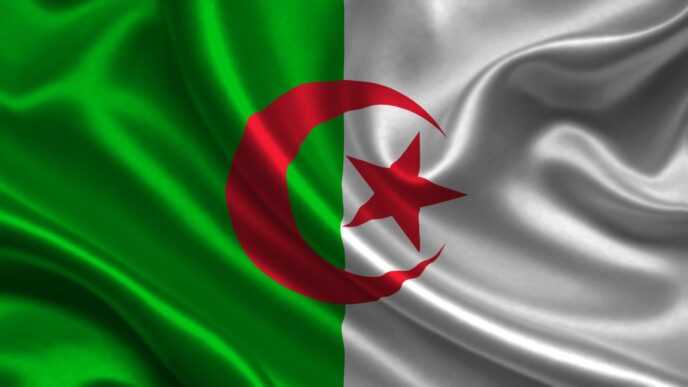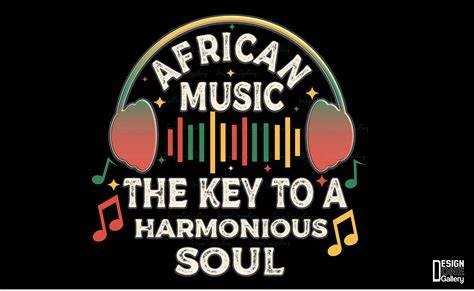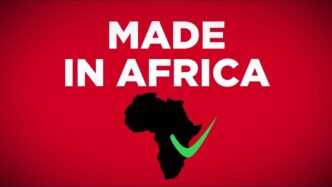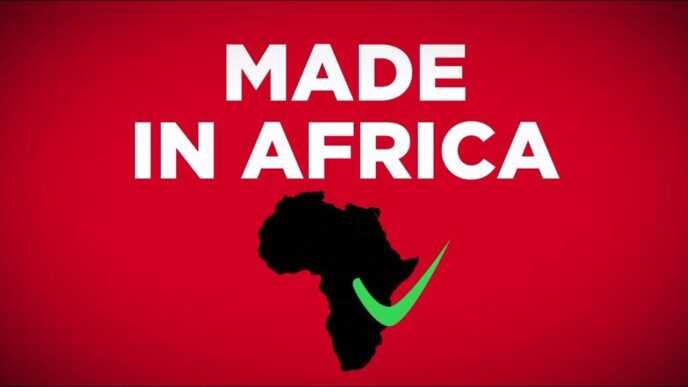On July 1, 1962, a new type of sound filled the Rwandan hills: the joyous chants of a people assuming sovereignty, rather than the drumming of royal processions or the footsteps of colonial rulers. Rwanda formally declared its independence from Belgian domination on that day, ushering in a new era in the center of Africa.
Sixty-three years later, Rwanda’s independence is a significant symbol of change, resiliency, and rebirth in addition to being a political turning point.
The Road to Freedom: Breaking Colonial Chains
Prior to gaining independence, Germany and Belgium were the two foreign powers that molded Rwanda’s future. In addition to bringing in foreign administration, colonial rule established strict ethnic classifications, formalizing the distinctions between Hutu, Tutsi, and Twa through ID cards and granting them uneven access to leadership positions and education.
But by the late 1950s, things were starting to shift. A growing Hutu political consciousness and resentment over years of marginalization propelled the 1959 Rwandan Revolution, which overthrew the monarchy and paved the way for the country’s change. A new republic was proclaimed in the town of Gitarama on January 28, 1961, and Rwanda had permanently abandoned colonial rule by the time Belgium formally terminated its trusteeship on July 1, 1962.
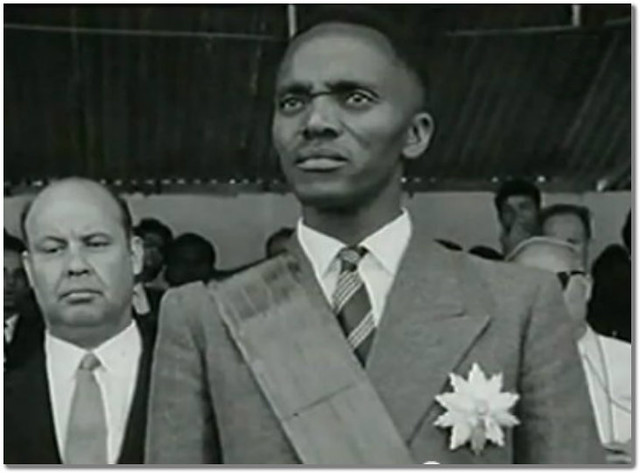
Rwanda’s first president, Grégoire Kayibanda, led the new republic after his Parmehutu party won the nation’s first democratic elections. Although independence brought promise, it also revealed long-standing wounds, which resulted in waves of bloodshed and exile, especially for Tutsi communities.
Beyond the Struggle: A Nation Reimagined
After the atrocities of 1994, Rwanda made a new start, not in denial, but with resolve. The nation started one of the most extensive initiatives at reconciliation in the world. ID cards were prohibited from having ethnic labels. Communities used Gacaca courts to seek forgiveness and justice. Additionally, the phrase “Ndi Umunyarwanda” (I am Rwandan) evolved into a lived national identity rather than merely a catchphrase.
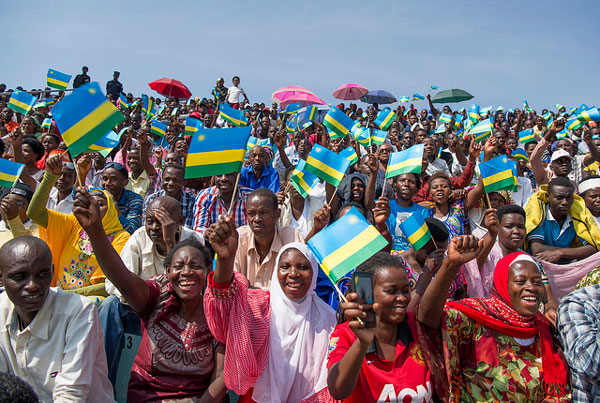
Rwanda is now hailed as one of Africa’s most forward-thinking and technologically advanced countries. Rwanda has become a symbol of possibility, a reminder that the past can be remade, not erased, thanks to its clean and green capital, Kigali, as well as its emerging stars in technology, tourism, and gender equality.
Looking Forward: The Spirit of Liberation Lives On
The atmosphere in Rwanda as it commemorates yet another year of independence is not merely ceremonial; it is intentional. With startups, solar power, smart agriculture, and cultural preservation initiatives, the youth, who comprise the majority of the population, are carrying forward the aspirations of their grandparents.
According to Rwandan sociologist and educator Claudine Niyonsaba, “Rwanda’s independence reminds us that liberation is not a one-time act.” “We need to renew it every day, through solidarity, creativity, and mutual care.”
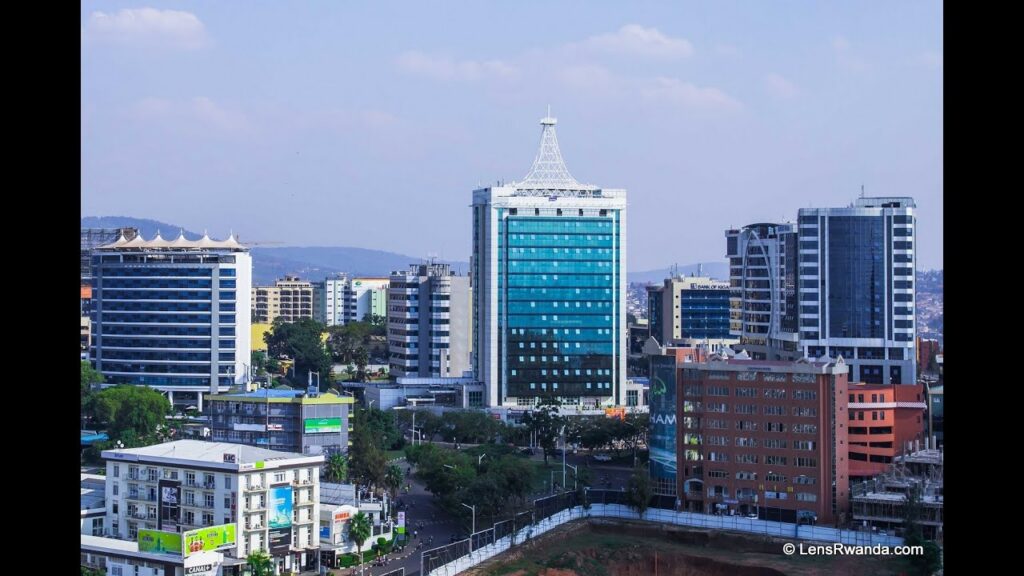
In fact, what started out as a rupture from colonialism in 1962 has developed into a blueprint for the revival of Africa. Rwanda demonstrates that genuine independence transcends national boundaries and is based on pride in the culture that unites all people, ownership of one’s past, and responsibility for one’s future.
This is Rwanda’s independence story. Not just about what it broke away from, but what it continues to build.
A land of a thousand hills. A nation of a thousand hopes.
